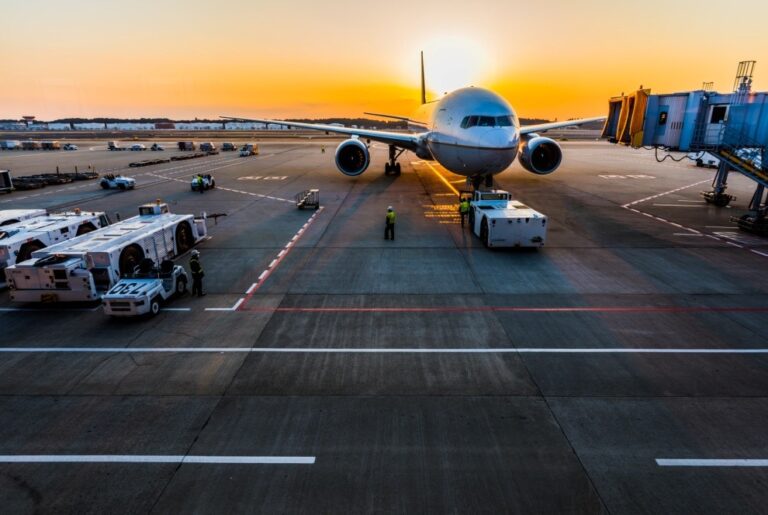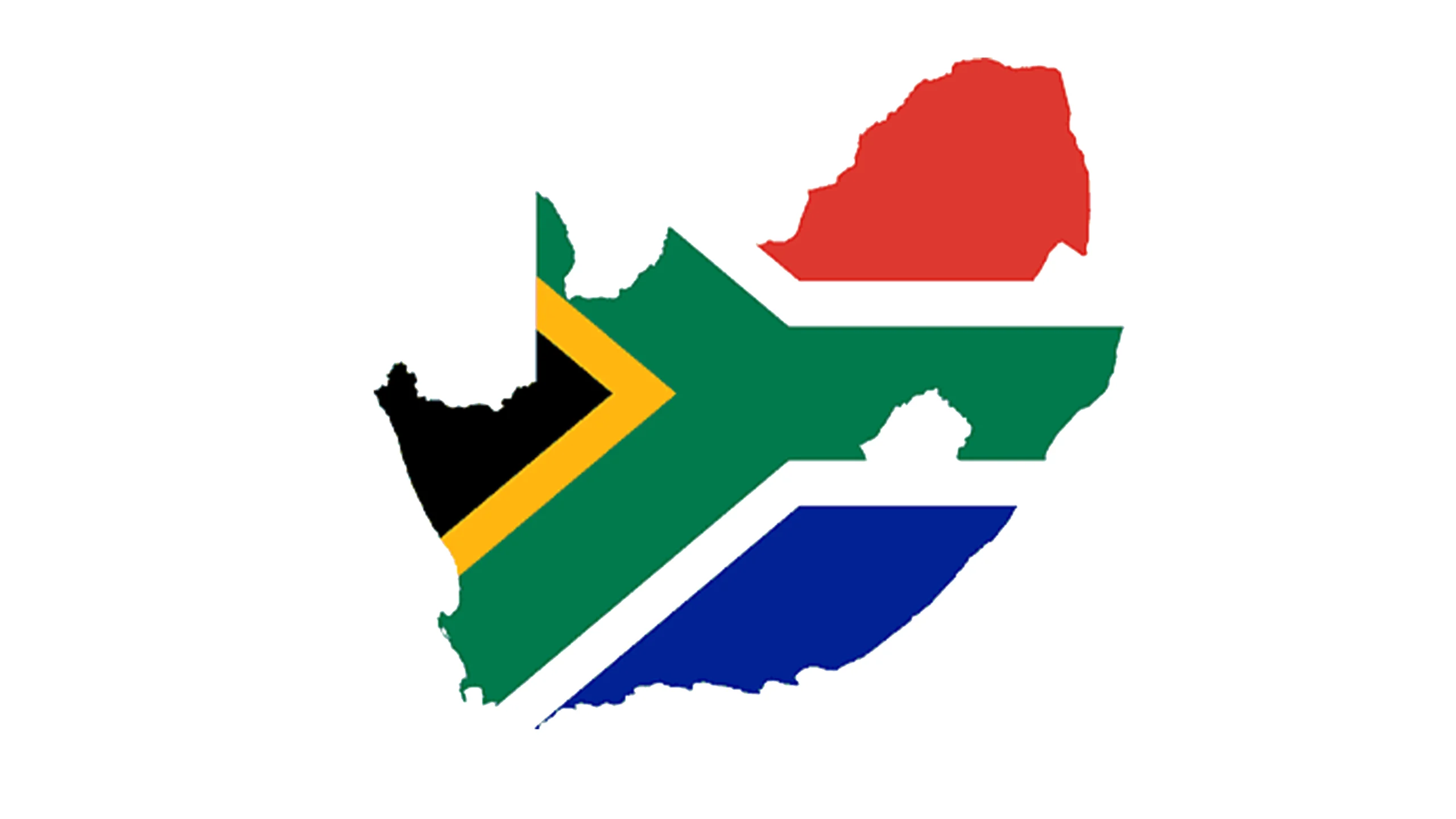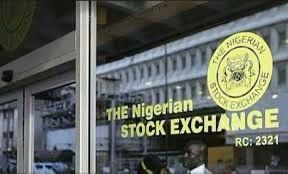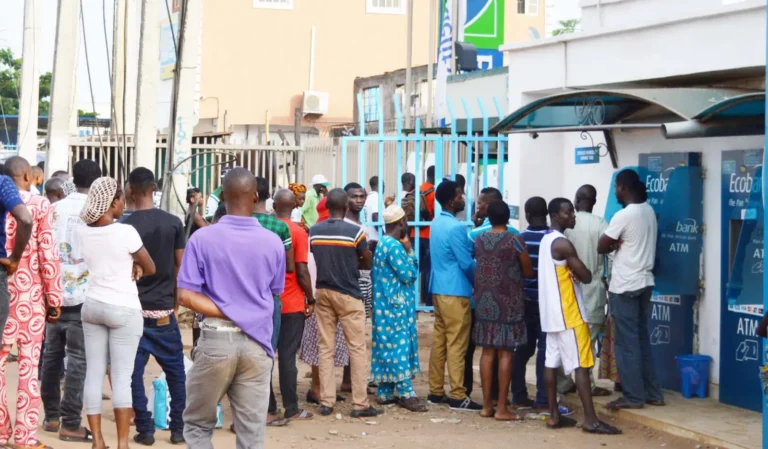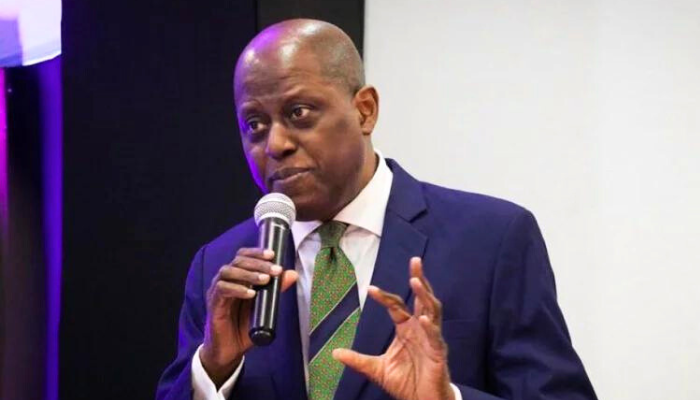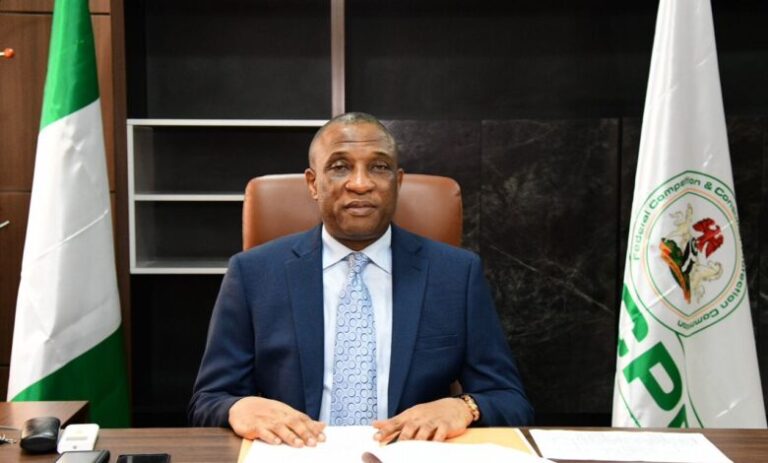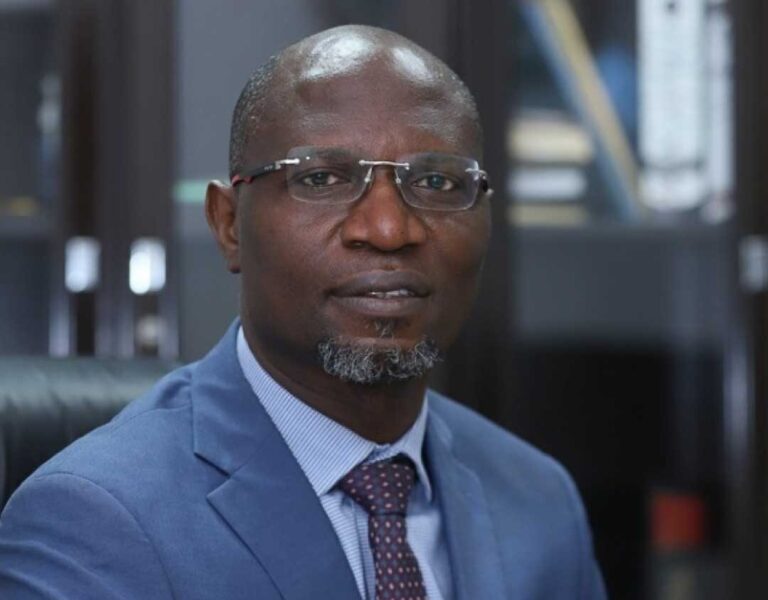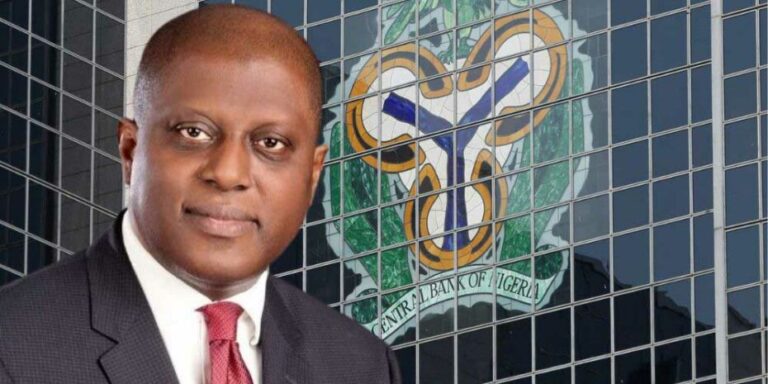South Africa will hold parliamentary elections on May 29, according to President Cyril Ramaphosa. This election is expected to be significant, as opinion polls indicate that Ramaphosa’s African National Congress (ANC) may receive less than 50% of the vote for the first time since the end of apartheid. If the ANC fails to secure a majority, it will need to form a coalition government. The country is grappling with concerns over high levels of violent crime, a sluggish economy, power outages, and unemployment, which have led to growing dissatisfaction among the population. Ramaphosa faces challenges from both the right and left political spectrum. The ANC, despite its challenges, remains a powerful political force with loyal supporters and a prominent role in the anti-apartheid movement. Ramaphosa is set to launch his party’s manifesto on Saturday, and rival parties have already presented their platforms for change, sensing an opportunity to challenge the ANC’s dominance. The Democratic Alliance (DA) aims to unite smaller parties to reduce the ANC’s majority, while Julius Malema’s radical Economic Freedom Fighters (EFF) and a new group led by former President Jacob Zuma pose challenges from the left.
